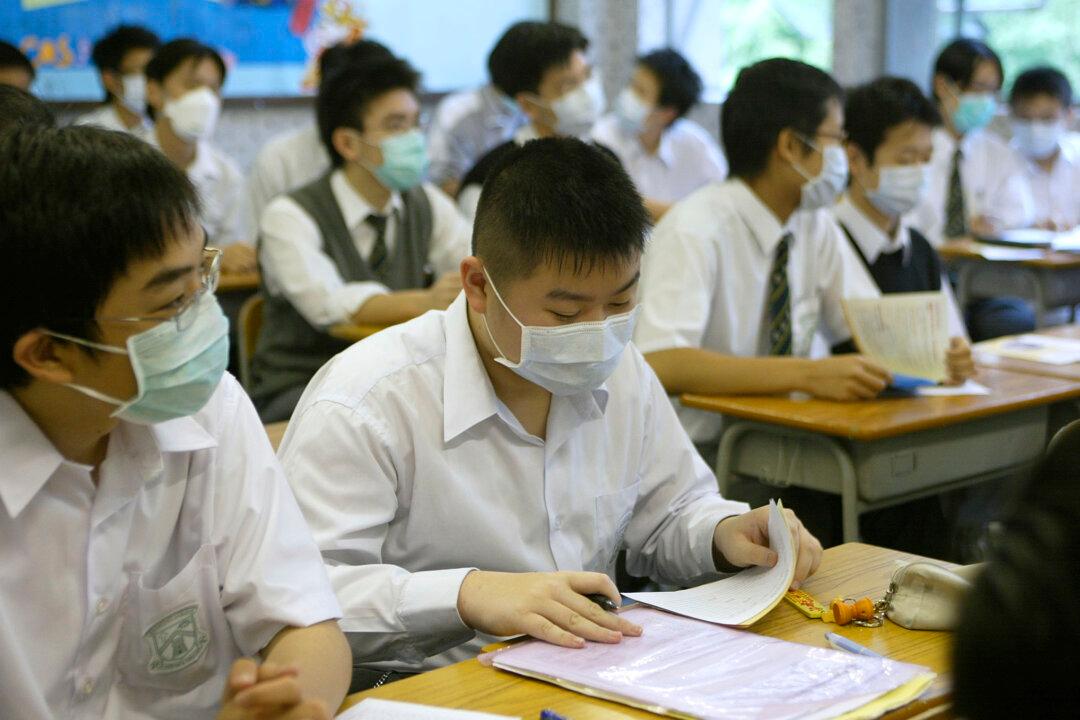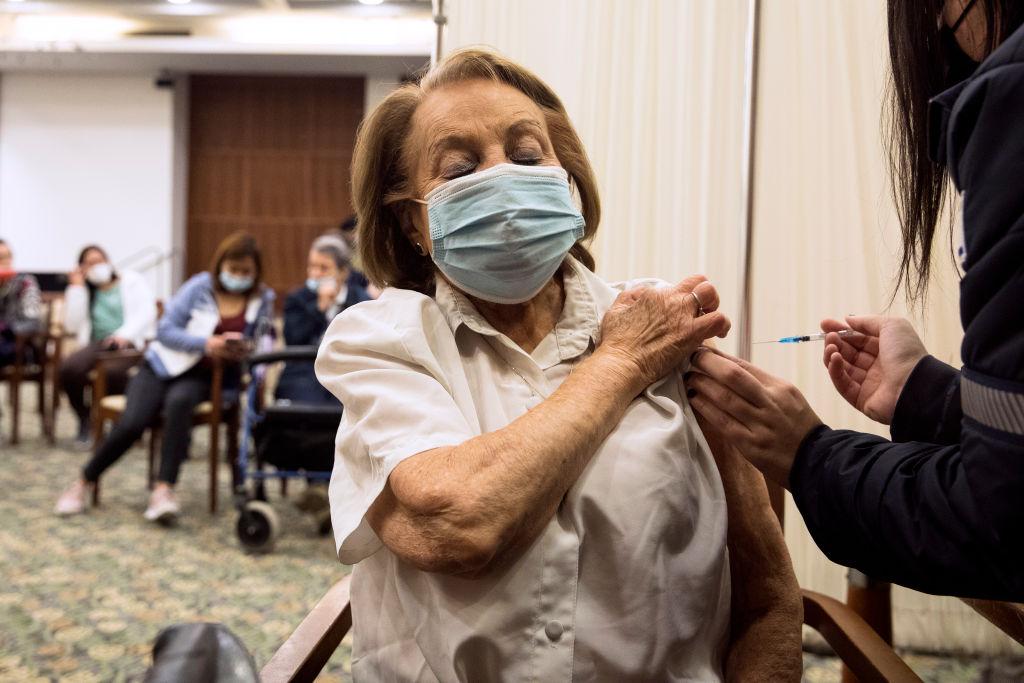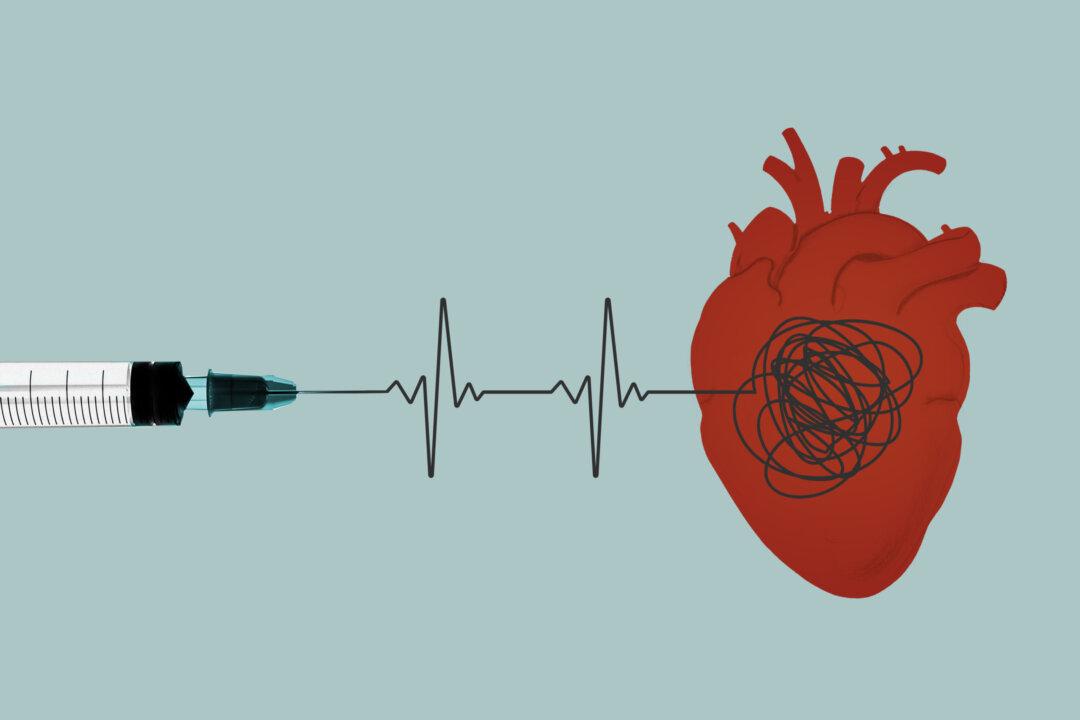A recent Cochrane review of mask use found that masks are not effective in reducing the spread of respiratory viruses.
Cochrane reviews assess the highest-quality studies of medical literature on specific topics. The researchers who conducted the review, which assessed the effectiveness of masks and hand hygiene, said masks probably make “little to no difference in how many people have confirmed flu.” However, hand hygiene programs “may reduce the number of people who catch a respiratory or flu-like illness.”






